Our Team
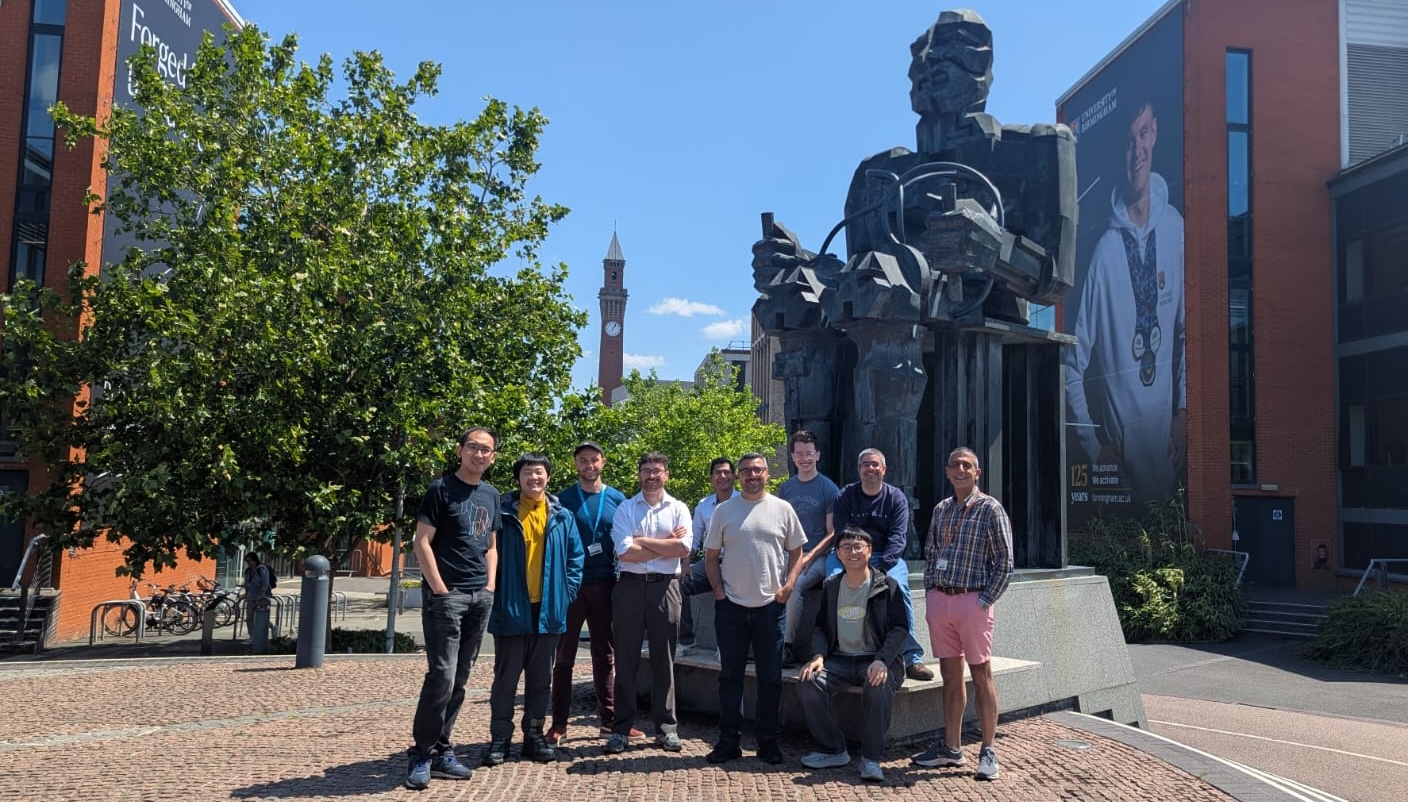
We value a diverse group of people who is passionate about our science and love pursuing scientific discovery through a journey of learning.
Meet our Team
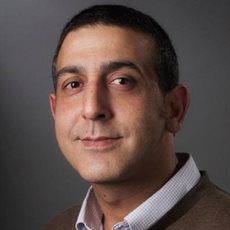
Hamid Dehghani
Professor
Prof. Dehghani is interested in a number of multi and cross disciplinary projects working on the development of physical and computational sciences as applied to medical imaging. His research ranges from development of diffuse optical techniques, to computational tools assisting image guided interventions.

Rickson Mesquita
Associate Professor
Dr. Mesquita is interested in developing and combining instrumentation, computational methods, and biophysical modeling to study brain function, with a particular emphasis on diffuse optics. His research covers a broad spectrum of applications, from fundamental aspects of neurovascular coupling to the clinical translation of these innovative methodologies.
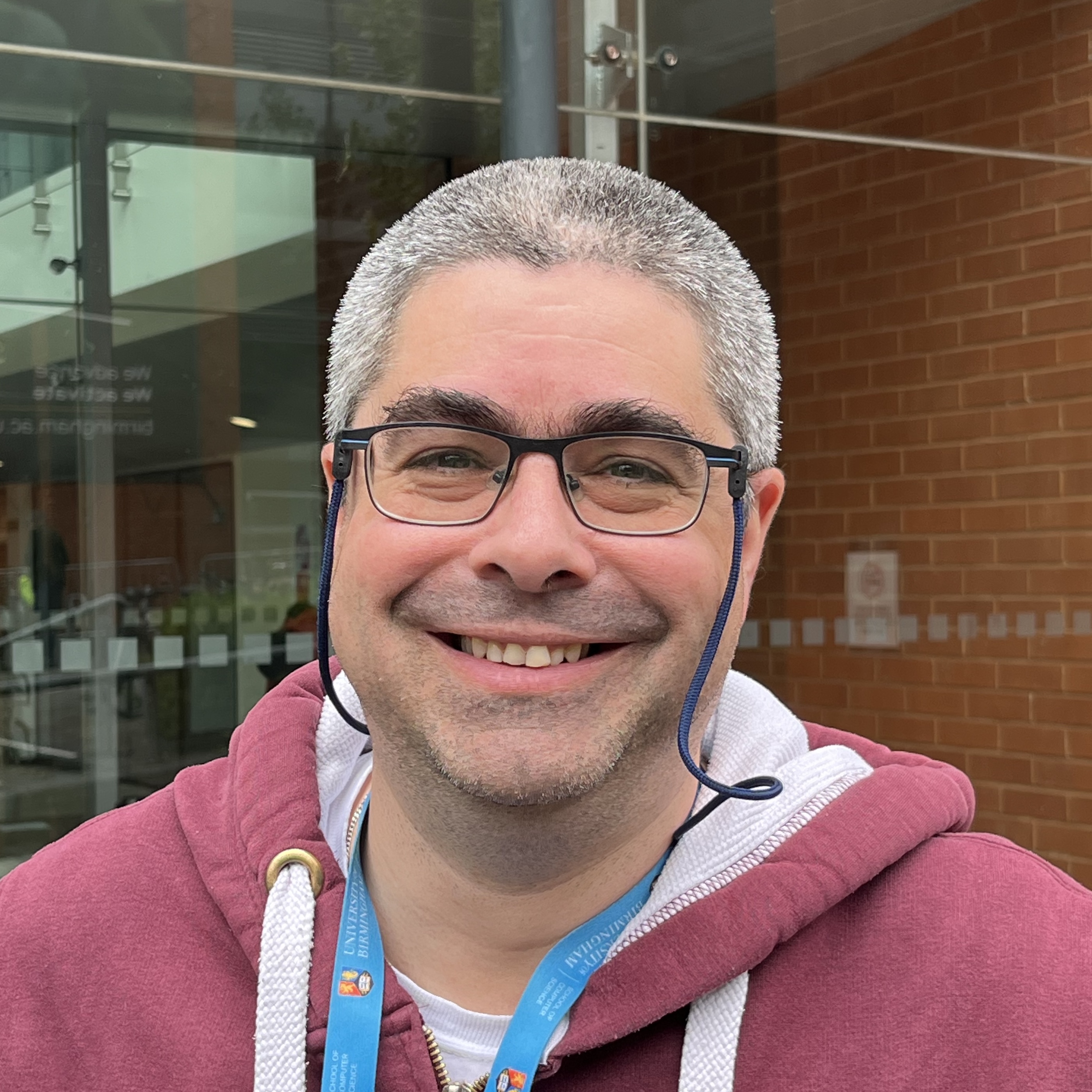
Felipe Orihuela-Espina
Associate Professor
Dr. Orihuela-Espina's research interest is in fNIRS data analysis and interpretation of neuroimages. This involves multidisciplinary research from computing (mainly) and mathematics and statistics. It also requires notions of physics (optics) and neuroscience. He is interested in applyting these neuroimaging analysis and interpretation skills to different topics, including; neurorehabilitation.
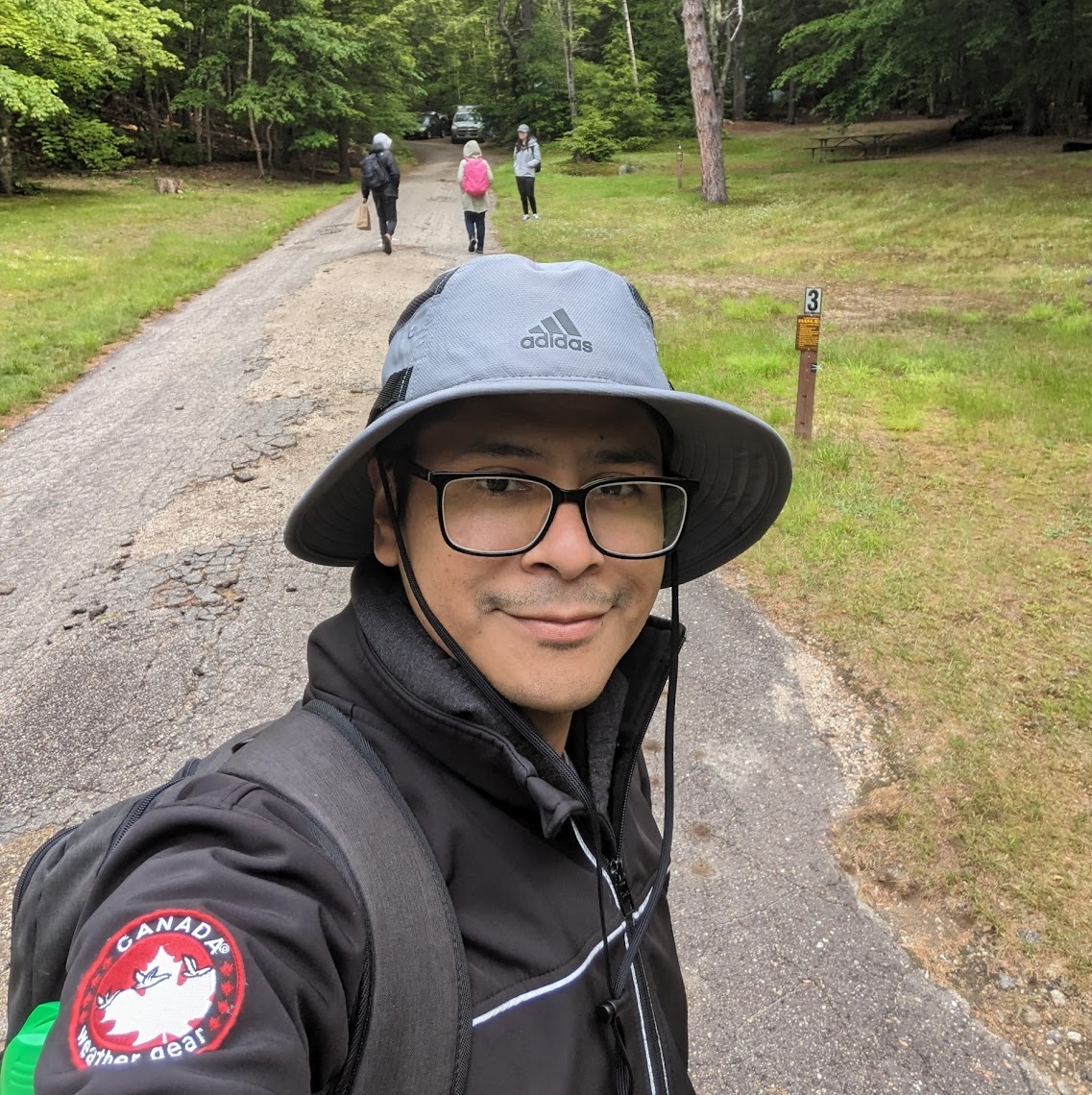
Samuel Montero-Hernandez
Assistant Professor
Dr. Montero-Hernandez's work primarily involves the development and application of computational models for causal discovery algorithms. In addition, Dr. Montero-Hernandez has an interest in brain connectivity methods, specifically utilizing functional near-infrared spectroscopy (fNIRS) data. He also contributes to developing algorithms for the quality control of fNIRS signals, ensuring the integrity and precision of the data used in his research. Recently, Dr. Montero-Hernandez’s investigation has found practical applications in resting state data analysis and pain management investigations.
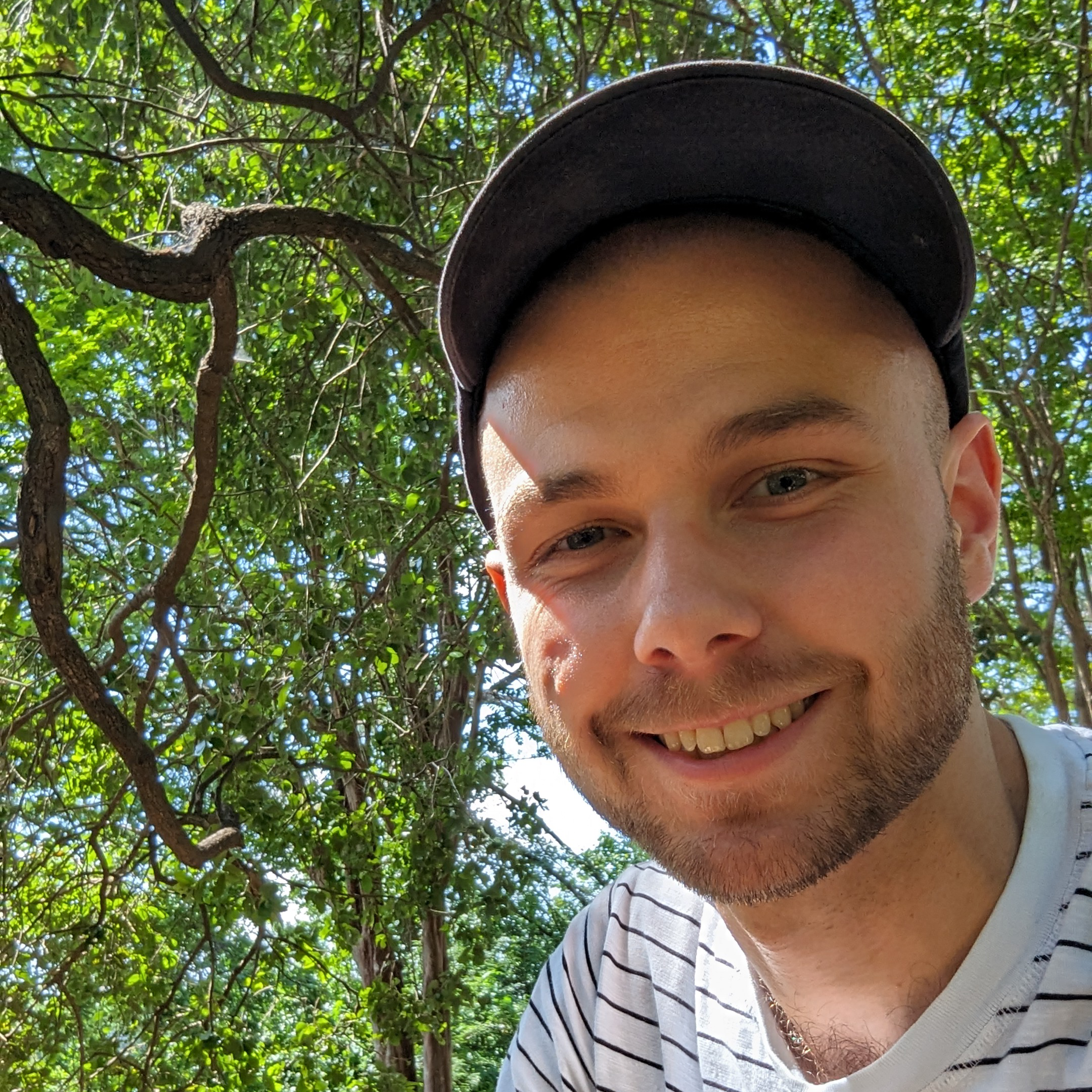
Robin Dale
PhD candidate
Robin is a final year PhD student focussing on deep-learning techniques for diffuse optical imaging. His work involves developing and deploying real-time imaging and analysis tools, primarily for high-speed, non-invasive breast cancer monitoring. He has also done some work in cognitive neuroscience, including a study on the neuro-correlates of complex motor skill acquisition using wearable fNIRS. In his spare time Robin is a professional juggler, and writes and performs live theatre shows about science and philosophy.
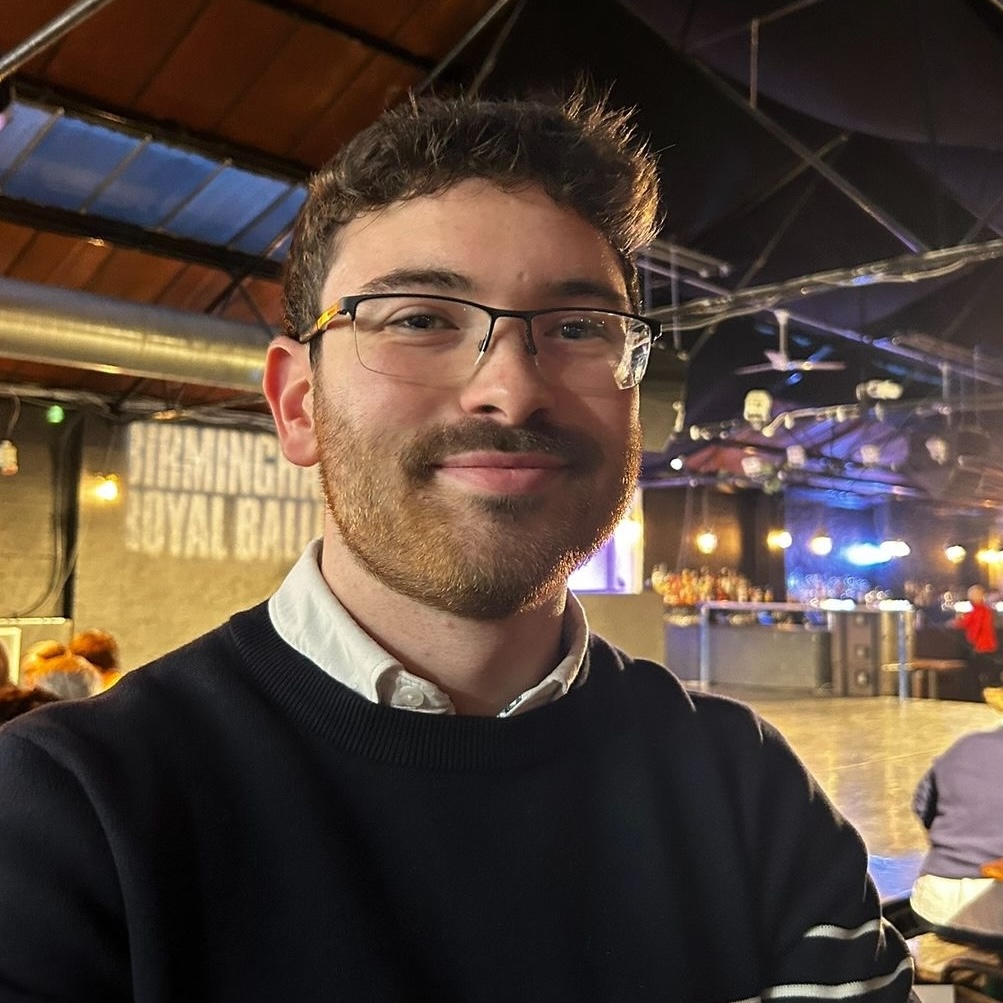
Ben Fry
PhD student
Ben is a PhD student studying the instrumentation and data analysis algorithms for diffuse correlation spectroscopy and diffuse optical spectroscopy. With a background in mathematics and artificial intelligence, he is interested in the application of machine learning to improving optical parameters value recovery from DCS and DOS boundary data allowing the estimation of clinically relevant markers.
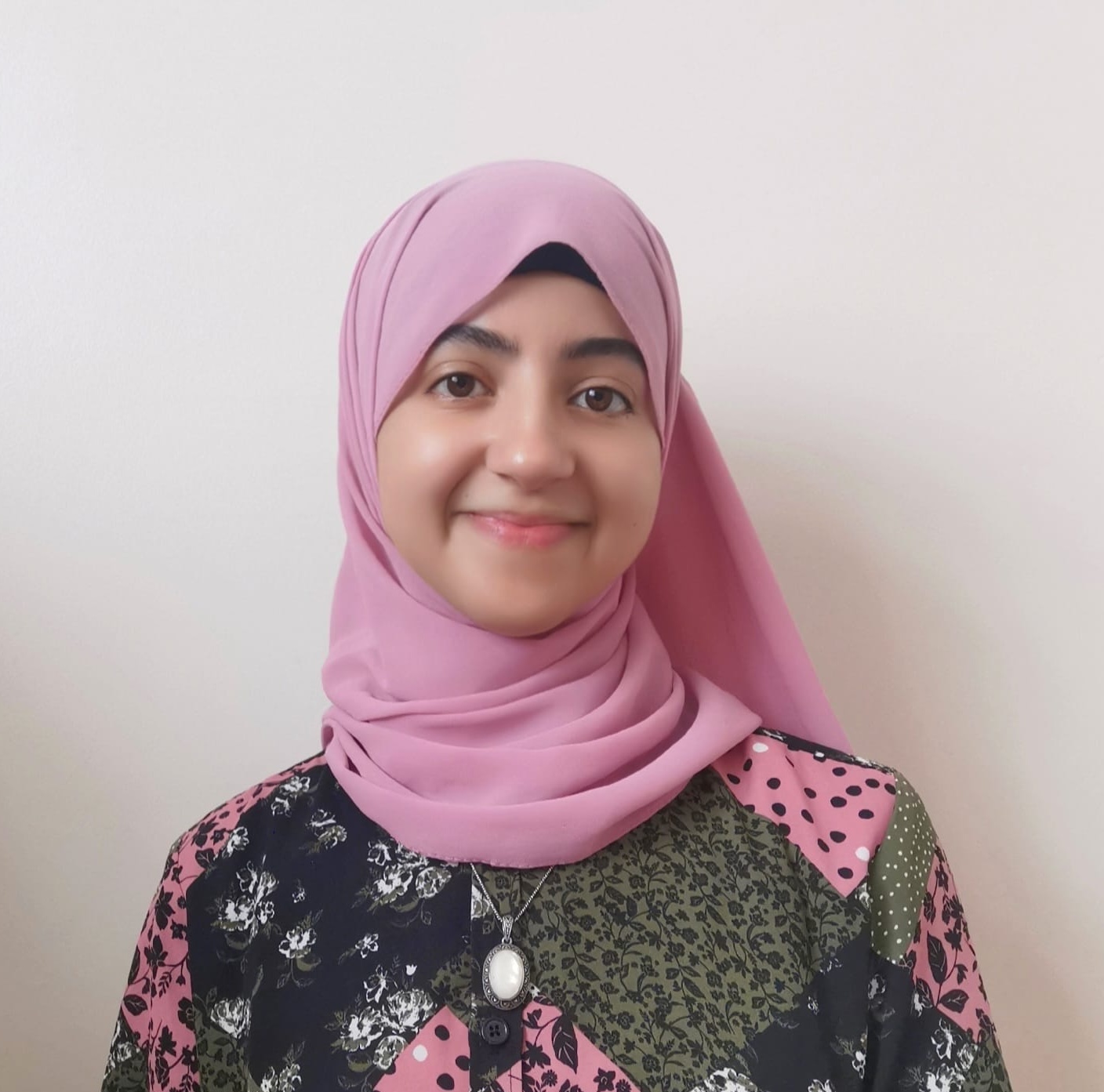
Fatima Zahra Al Hajji
PhD student
Fatima Zahra Al Hajji is a PhD student at the University of Birmingham with a background in Artificial intelligence and Computer Science. She is currently working on building explainable, multimodal biomarkers using MRI, speech/language, and fNIRS to detect early neurodegeneration. Her work focuses on clinically useful, interpretable models and generalisation. Outside of work, Fatima enjoys reading, running and badminton.
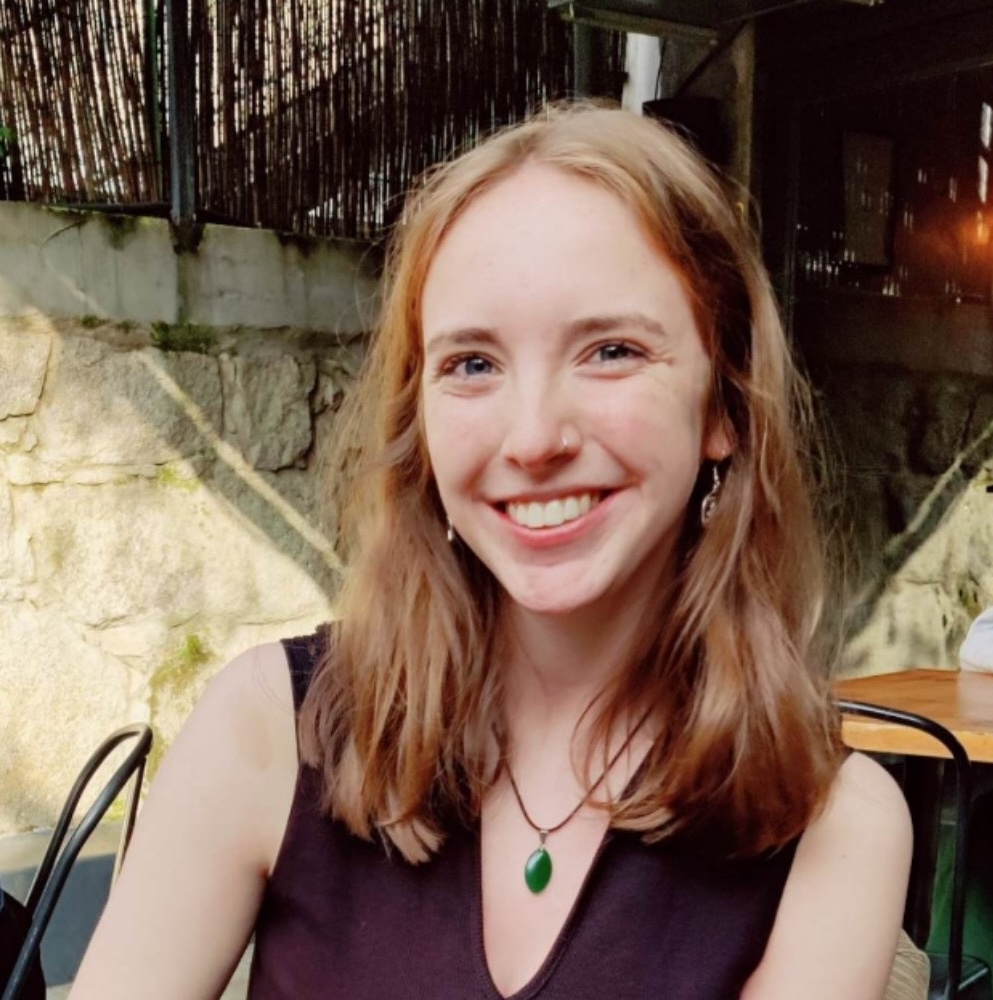
Maisie Sanderson
PhD student
Maisie is a PhD student focusing on the use of TD-fNIRS to study brain function and neuroplasticity. She completed her MSci in Physics at the University of Glasgow in 2025, with a dissertation on brain tumour imaging using diffuse optical imaging techniques. Her research interests lie at the intersection of computational modelling and optical neuroimaging, with the goal of advancing how brain activity is measured and understood in the context of rehabilitation.
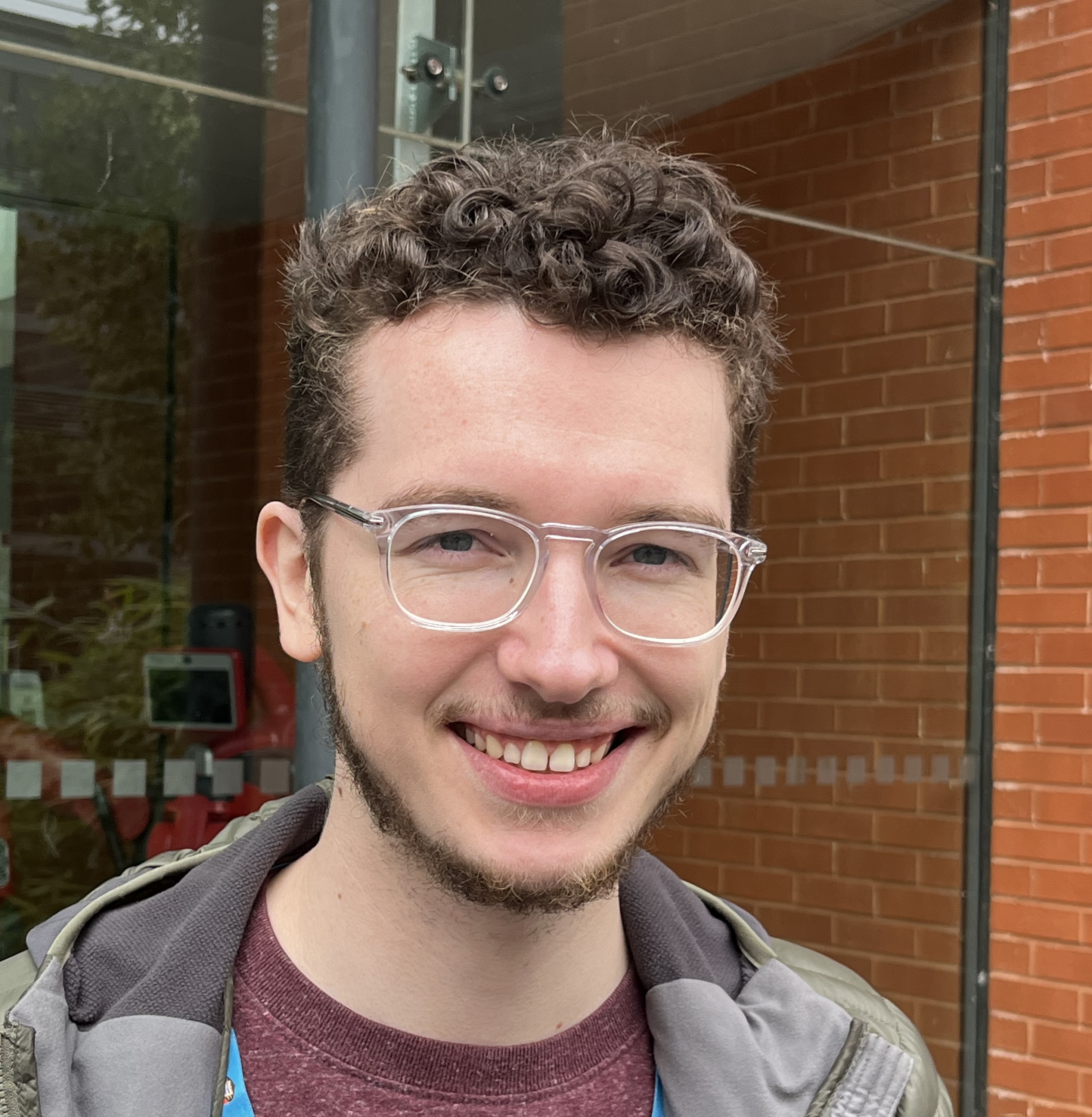
Robert Ward
PhD candidate
Rob enjoys cross-disciplinary science and finding general solutions that emerge from specific cases. With a physics background, Rob has worked on broadband NIRS systems, and the limitations faced in scalability. Recently, he has been undertaking projects on sampling design and optimization over non-typical spaces. Outside of university work, Rob enjoys playing in brass bands.
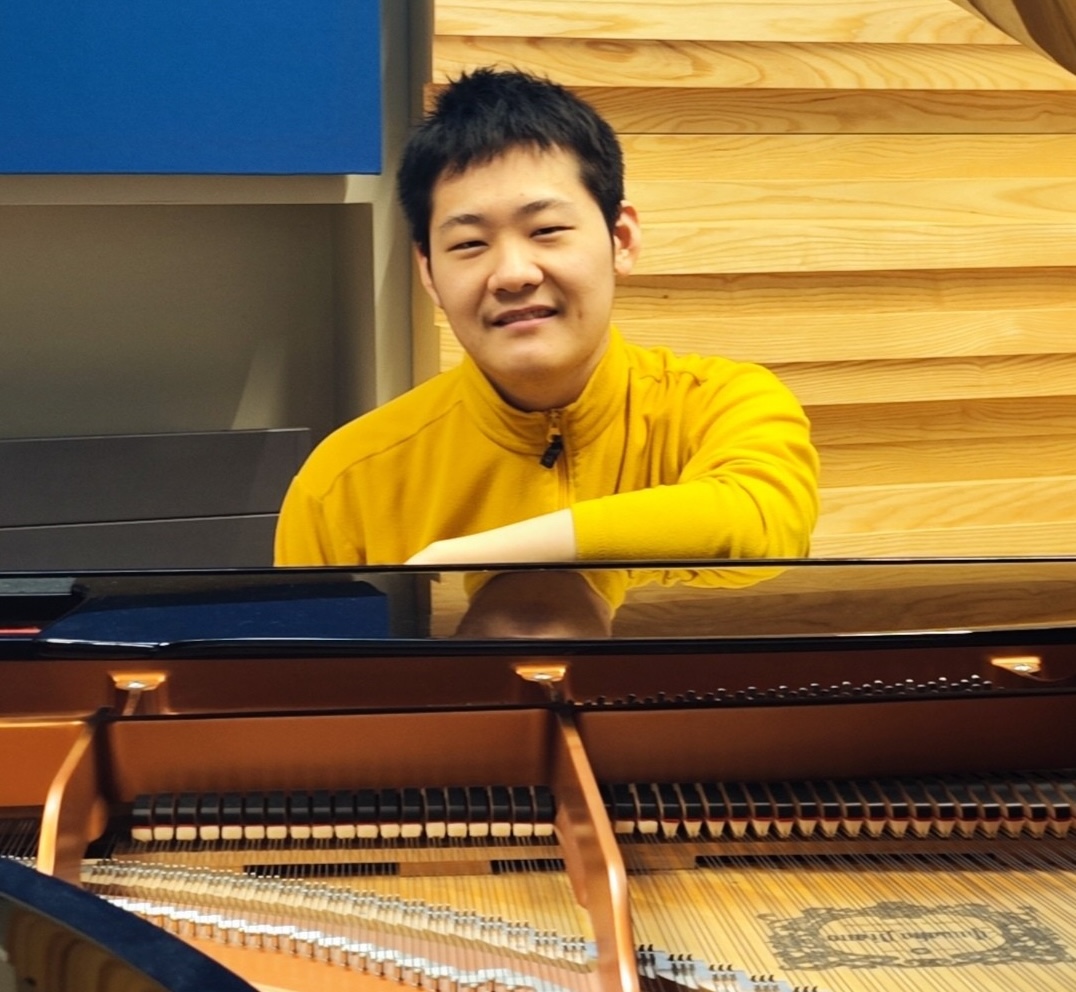
Biao (Rino) Zheng
PhD candidate
Biao (Rino) is interested in Brain-Computer-Interface (BCI) and neuroimaging, as well as any other life-extend related technologies. Currently, he is focusing on the data combination of Magnetoencephalography (MEG) and functional near-infrared spectroscopy (fNIRS) for improving the localization of neuron activities. Furthermore, he wants to establish the pathway of recovering machine signal to brain neuro activities. Also, he enjoys playing piano and occasional concerts outside the work.

Yaru Zhou
PhD student
Yaru is a PhD student with a background in mathematics and artificial intelligence. Her research focuses on developing causal discovery methods for effective brain connectivity analysis using functional near-infrared spectroscopy (fNIRS). She also has broader interests in computational neuroscience, causality and artificial intelligence for biomedical challenges.
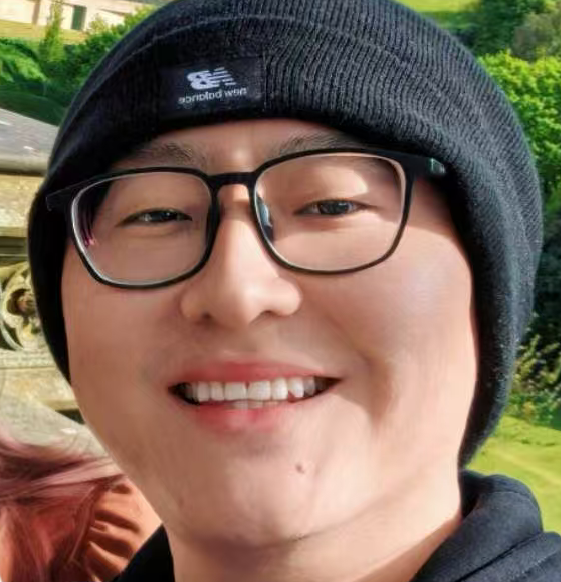
Hu Zhang
Visiting Research Scholar
Hu is a visiting PhD student developing deep-learning and generative-AI approaches to improve the accuracy of high-density diffuse optical tomography (HD-DOT). He contributes to the human brain retinotopic task within the NINDS-funded project U24NS136402, and has built an end-to-end fMRI-fNIRS domain-transfer pipeline. His future goal is to create an AI-based toolbox for robust multimodal fMRI–fNIRS cross-validation. In his free time, he enjoys cooking and watching movies.